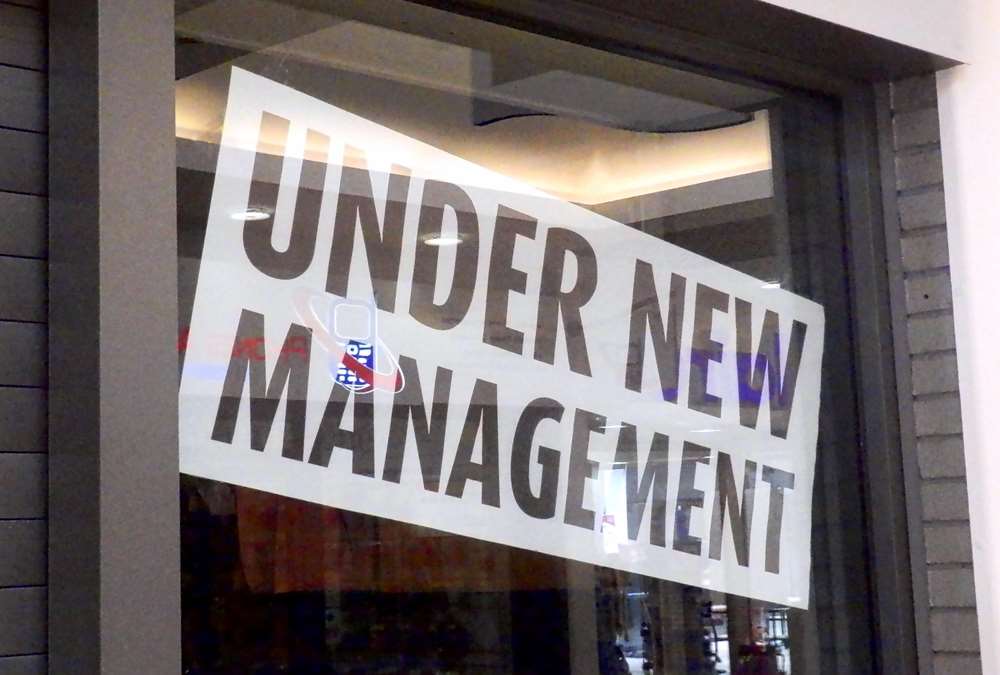- Home
- Business Processes
- Industry Knowledge
- Aerospace Industry
- Automotive Industry
- Banking Domain
- BFSI Industry
- Consumer/ FMCG Industry
- Chemicals Industry
- Engineering & Construction
- Energy Industry
- Education Domain
- Finance Domain
- Hospitality Domain
- Healthcare Industry
- Insurance Domain
- Retail Industry
- Travel and Tourism Domain
- Telecom Industry
- Leadership Skills
- eLearning
- Home
- Leadership
- Time Management
- Focus Areas for Change
Focus Areas for Change
Four main areas in an organization that need special focus when we discuss the change in an organizational setup are organizational structure, technology, work environment, and the people. Some people call it a process, system, and people. Change in an organization includes adapting to change, controlling change, and effecting change.
Organizational change results from the pressure of forces, which are both inside and outside the organization. The external forces like technology, nature of work, economic shocks, competitions, social trends, and politics necessitate a change in the internal organization like machinery, equipment, relationships, leadership and decline in profitability, etc. This organizational change is the alteration of the work environment in an organization which implies equilibrium between different components of the organization. In some way or the other change influences, the whole organization as the subunits or various departments in an organization are interrelated and interdependent.
Different sections or different departments of an organization are influenced by change differently and this influence may vary in its speed and degree. Usually, there are many changes occurring simultaneously in an organization. An effective management technique is thus required in order to deal with the changes. Four main areas in an organization need special focus when we discuss the change in an organizational setup, they are as follows:
Changing Organisational Structure:
With globalization, competition, and technological advancements, it becomes necessary that changes are made in the structure of the organization. Thus this one of the most important changes that can be brought about in an organization and the one that will call for planning and a lot of effort and involvement of management and employees at all levels. As standalone components, people, process, and technology are necessary for organizational transformation and management. To achieve organizational efficiency, you need to balance the three and maintain good relationships among them.
Sometimes the technology itself might require new styles of organization, new sills, and the upgrading of old ones. The number of operating sites may be reduced. People may find themselves performing totally new functions, which they may like or perhaps won't like, at least to start with. The only way to stay in business may be a merger or to be the subject of a takeover, friendly or hostile. With such ownership changes, another market, technological and organizational changes may follow. In some industrial, it is an endless cycle.
Changing Systems & Technology:
The changes in the marketplace give rise to specific happenings in the company. There will be the introduction of new technology, in order to reestablish price advantage, quality preeminence, or diversification into new products. There will be a decision to explore areas of the globe where you are not previously represented. Technology is the primary delivery route for virtually all value in a modern organization; all services are now, to some degree, enabled by technology. Technology and having the right systems in place is becoming more and more critical. Systems allow one to automate what would otherwise be manual reporting tasks, but, if managed correctly, they provide real-time information that can fundamentally change a business. The constant changes and improvements in technology present a new challenge. Technology is fast-changing and the organization has to keep pace with it in order to remain in business and survive the strong competition. Thus new machinery has to be bought or existing machinery has to be updated in the organization. This is a major change as, as per the technological advancements other changes like changes in structure, job positions, training programs, etc. have also to be made.
Changing Processes & Work Environment:
A process is a series of actions or steps that need to happen in order to achieve a particular goal. A company can have the greatest people and teams, but without the right processes, it becomes incredibly difficult to scale. The work environment is fast changing due to various reasons, as a result of diversity in the organization, changing technology, changes in the job market, etc. The launching of new products or mergers or acquisitions may also call for certain changes in an organization. Thus the organization has to keep track of such changes and develop measures to deal with them.
Changing People in the Organisation:
Every manager knows that people are the capital by which they get their results, and most of the time managers acknowledge this. Building teams allows us to effectively build global organizations that allow for seamless international coordination. Our ability to work together enables us to adapt to change, create uniform processes, and leverage our differences to blaze a path forward. Changes can also occur with regard to people in the organization, due to attitudes, values, beliefs. Changes can also be as a result of new recruitment, promotions, demotions, transfers, etc. may also take place and they are to be effectively dealt with.
Related Links
You May Also Like
-
Team Foundation in Forming Stage
This is the first stage of team development. This is the stage when the foundation of the team is laid. During the Forming stage, team members have a high dependence on their leader for guidance. Learn the practical strategies you can use during this stage to help your team develop into a highly effective performing team.
-
How often do you have a plan for how you are going to spend your day but you aren't able to complete the tasks on your plan because of unimportant tasks, interruptions, or your own procrastination? Wouldn't it be great to be able to manage your schedule and your time while avoiding, or at least controlling, these time stealers? Learn the strategies to manage your schedule while still handling interruptions and demands on your time.
-
Tools for Developing Your Team
If a manager has too many weak spots in the talent of the team, the ability to empower the team members to independently execute the project is impaired. Assignments fall behind schedule or stretch out because the needed skills or knowledge are not in place when needed. To successfully execute important projects, hiring talented people, and increasing the talents of existing staff are most important.
-
At times like this, more than ever, it is essential that the organizations appreciate the human resource management skills required to successfully handle the transformation of industry and create an innovation culture. Read more to understand, how as a manager you can help in cultivating a culture of continuous innovation and adaptation to change.
-
Understanding of how individuals of different cultures interact with each other is very important. Not all individuals can adapt to the leadership styles expected in a different culture whether that culture is organizational or national. In a fast-paced business environment, developing a richer understanding and sensitivity to other cultures is a skill that leaders must possess. Learn to be effective in a cross-cultural setting.
-
Stress is an essential part of our life. No one can live without stress. Stress can be beneficial as well as harmful. Stress as a positive influence adds excitement and hope while as a negative influence it can result in destructive feelings, anger, and depression. Although the general orientation to stress is to consider unfavorable outcomes, yet one must have observed that stress experiences may also facilitate the development of effective and varied coping behavior, increased personal resources, and lead to a sense of competence in development. Stress at a moderate level is not only inevitable but may be useful for physical and mental well-being.
-
In its simplest sense, decision-making is the act of choosing between two or more courses of action. Decision making is a key skill in the workplace and is particularly important if you want to be an effective leader. When decisions have to be made, there are several stages that you should go through to reach a practical solution. Understand the meaning and importance of decision making and how to look at it as a process.
-
Change is a complex phenomenon. There are different types of changes that are going on around us. Listed in this article are twelve areas in which change arises and bring some classification to it. However one may classify the change, the various heading is always interrelated. The change could be triggered by market changes, technological changes, or organizational changes.
-
Crisis leadership is a very important part of leading in today's world. The skills a leader needs in order to guide people during a crisis are different from the skills needed to help a group grow. Are you a good crisis leader? What is your leadership style in case of a business crisis situation? A business crisis can test the strongest of leaders, read this article to explore how to ensure you’re ready to take action and weather the storm when one strikes you.
-
Evidence of the medically damaging symptoms of work stress necessitates applying the treatment of stress management. Stress management is increasingly drawing the attention to the management experts not only as a remedial measure but also as a way to resource management. If the workplace can be made a little more lovable the increase in the achievement of the organization may be much time more. If group stress can be removed by introducing group discussions and recreational facilities a long-lasting team spirit may get developed.
Explore Our Free Training Articles or
Sign Up to Start With Our eLearning Courses

About Us
Learning
© 2023 TechnoFunc, All Rights Reserved










